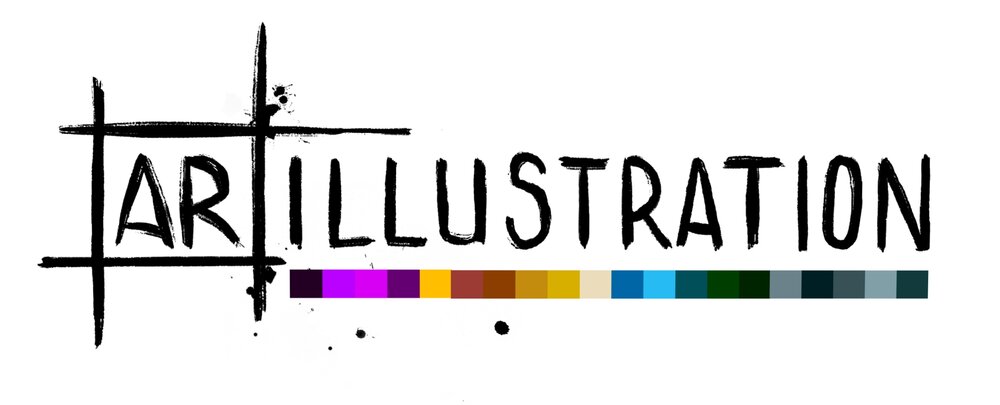Here's an illustration I've been chipping away at on my iPad, and a few words on what was behind its inspiration.
Ever since I saw Blade Runner 2049 a month ago, I've been haunted in a most magical way by that inimitable version of "One For My Baby" by Frank Sinatra, which Officer K wearily absorbs after dropping that nickel in the hologram jukebox in Act III of the film. That scene gave the song a new context for me, and set me on a whirling musical thought-pattern that I've not been able to stop visiting since. I have repeatedly pulled out my copy of "Frank Sinatra Sings For Only The Lonely" late at night to further saturate my mind with the song's blue magic.
My obsession with it has had me searching Spotify high and low for other golden-era recordings that could pair with it, extend the sense of woozy, smoky reverie and form a family of parlour songs that could give me more of whatever was going on in that scene. I needed more! In finding some other classics (all well-known standards) I've been able to hear them with fresh ears and I've been reminded of the power of the popular song from that era. Vangelis had a go at creating his own version of this artform with the willowy "One More Kiss, Dear" in the original 1982 Blade Runner.
I've always loved "One For My Baby" (what an album-closer), but what is it about its use in Blade Runner 2049 that has beguiled me so?
I think I've worked it out.
There is something that happens when you place a recording like that into a desperately dystopic future environment. Maybe it's the intimacy created by something so romantic happening in the midst of an apocalypse. Hearing the optimism in the golden-era parlour ballad echoing through an orange-and-steel lens, the undeniable bleakness of the future, it's almost as though the singer (in this case, Frankie) can sense the coming of the end of the Dream. Frank knows the timelessness of the message in "One For My Baby"; the utopian smoke-screen heartbreak dream he's selling will resonate for ever. And all that will be left after "the blackout", if there's any technology to play it on, is this eternal recording.
My friend David Ritchie once told me when we were discussing my fascination with Blade Runner, "you know why young people are drawn to the romance of the dystopia? It's because they can see it now. Almost grasp it. Makes one feel more human, somehow." I miss my talks with David. He was kind of an uncle-figure, a muse to me.
And so here is Frank Sinatra singing to only the lonely replicant in an abandoned Casino in Vegas...
"We're drinking, my friend, to the end of a brief episode..."
It's perfection.
I have found a few other American classics that give me the same sense of magical melancholy and eerie comfort. They are:
EVERYTIME WE SAY GOODBYE - Julie London (interestingly, an instrumental version of this was used in “The Hood Maker”, the first episode of Phillip K. Dick’s Electric Dreams):
IN THE WEE SMALL HOURS OF THE MORNING - Frank Sinatra:
IT'S A QUIET THING - Andy Williams (no album release it seems, only an old TV performance on YouTube - thanks Liam Judson):
MOMENTS LIKE THIS - Julie London (again):
and of course, ONE FOR MY BABY:
I'd encourage you to listen to these. They are the songs that will keep us company in the apocalypse.
This whole rumination has been a lot of fun, and made me think again of how magical records are - the timeless preservation of human moments, musical expressions as a kind of footprint. And it's reminded me how much I miss making them. I can't wait to make more music in 2018, and get back to this long-term composing and illustrating project that I promised David Ritchie I would complete.
One More For The Road.
X AR

